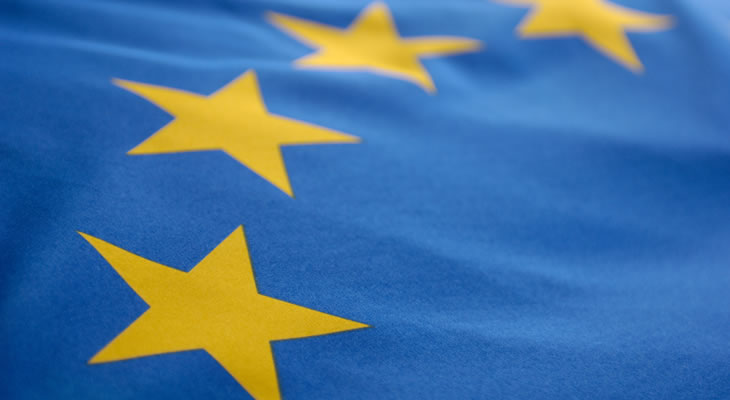The Pound Sterling to Euro (GBP/EUR) exchange rate hit a session high of 1.3902 on Monday as fears over turmoil in Greece overshadowed the launch of the European Central Bank’s (ECB) quantitative easing programme.
Greece Could Call Referendum on Bailout Plans
Tensions are once again rising in the Eurozone after Greek Finance Minister Yanis Varoufakis warned that the nation could call for a referendum or even hold early elections if its reform plans are rejected by Brussels. The plans are likely to be rejected after European officials said over the weekend that the proposals fell short of what it wanted.
Should Brussels ultimately reject Greece’s proposals, Varoufakis told Italian daily newspaper the Corriere della Sera: “There could be problems. But, as my prime minister has said, we are not yet glued to our chairs. We can return to elections, call a referendum.”
Eurogroup Chairman Jeroen Dijsselbloem said that Greece would probably not receive an aid disbursement this month as a result.
In Greece itself, calls are growing louder for Varoufakis to be replaced as Finance Minister.
‘Greece is desperately isolated, it is alone. Varoufakis’ proposals range between being unclear to ridiculous, provoking laughter when we talk about wiring up tourists to clamp down on tax evasion. And all the while the country is being driven to recession and revenues are tragically behind,’ said New Democracy MP Kyriakos Mitsotakis.
German Trade Surplus Declines
The Euro also came under pressure from disappointing data out of Germany, which showed that the Eurozone’s largest economy saw its trade surplus shrink in January. According to federal statistics agency Destatis, German exports fell by 2.1%, suggesting that demand from its main trading partners in the Eurozone slowed.
In seasonally adjusted terms, Germany exported goods worth a total of €96.3 billion ($104 billion) in January, down from €98.4 billion in December; Imports meanwhile fell by 0.3% to €76.6 billion. Overall, the nations seasonally adjusted trade surplus fell from December’s €20 billion to €19.7 billion. In unadjusted terms, the trade surplus narrowed from €17.9 billion to €15.9 billion.
Further losses for the Euro were restrained as a separate report published by market research group Sentix showed that investor confidence in the Eurozone improved to a 7-year high.
The index of investor confidence improved to 18.6 this month, from a reading of 12.4 in February. Analysts had expected the index to improve to 15.0 in March.

